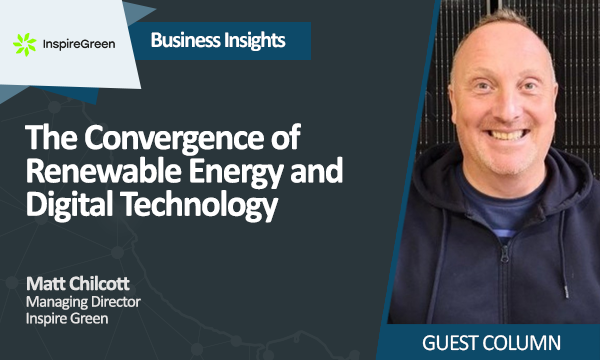Wales’ renewable energy potential, and the green jobs and skills needed to reach net zero, are threatened by a lack of UK Government leadership on improving grid connectivity according to the Welsh Affairs Committee.
This inaction – and delays in approving grid connections – holds back progress on the UK becoming more energy resilient. It also puts economic growth at risk for communities across Wales that are poised to exploit opportunities ranging from floating offshore wind to tidal energy.
The Committee recognises that there is positive work underway. This includes National Grid ESO’s blueprint to connect offshore wind to the grid and the appointment of a Networks Commissioner tasked with reducing timelines for grid connectivity. However, more intensive grid reform, led by the UK Government, is necessary to support the anticipated demand for renewable energy and to make decarbonisation in Wales a reality. Failure in this area risks the UK Government’s legally enshrined net zero target.
The barriers identified by the Committee include the regulatory framework not allowing anticipatory investment, delays in planning consent and high upfront connection costs making many projects financially unviable. The Committee is therefore keen to learn from the UK Government how it will achieve its aim to reduce consenting and licencing processing times by 50% within a year. This is particularly pertinent as the UK Government seeks to improve the UK’s energy resilience in the wake of the war in Ukraine and squeeze on international energy supplies.
Resolving these issues, and creating a more streamlined approach, is vital for economic growth in Wales. Many renewable energy projects that are ready to be built are being held back amid uncertainty over how they will connect to the grid. These opportunities, which could support Wales becoming a leader in renewable energy, extend to floating offshore wind in the Celtic Sea and tidal energy at Morlais. These projects could support local economies, jobs and skills development across communities in Wales that will be necessary for a net zero economy, while offering unique export opportunities.
Welsh Affairs Committee Chair, Rt Hon Stephen Crabb MP, said:
“The twin challenges of UK energy security and Net Zero demand a new approach to grid infrastructure in Wales. Wales has enormous potential as a key location for clean energy generation. But inadequate grid capacity, and the lengthy timescales involved in delivering improvements, will hold back investment in vital new projects. With developers wanting to accelerate investment in opportunities like floating offshore wind in the Celtic Sea, the UK Government must demonstrate a similar level or urgency and ambition in reducing the costs and barriers to new grid connections.
“Although the UK Government has taken steps to improve the delivery of grid improvements, so far it is not clear that these will achieve the necessary step change required. Without clear leadership on this issue that pulls together the different parties involved, inadequate grid capacity will continue to be the biggest block on the pathway to Wales reaching Net Zero.
“Community energy projects are a key part of the emerging picture for local and affordable green electricity supply to households in Wales. But here too, lack of grid capacity is preventing the full potential being reached.”










